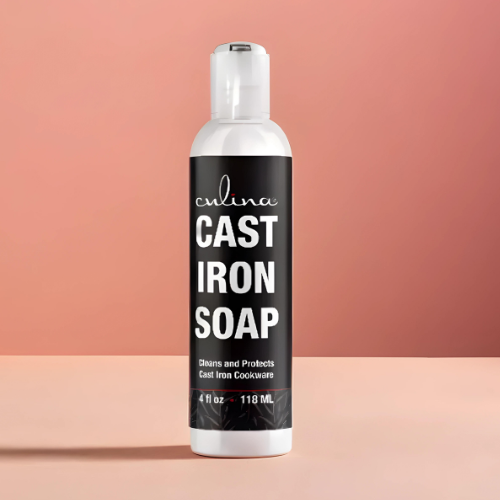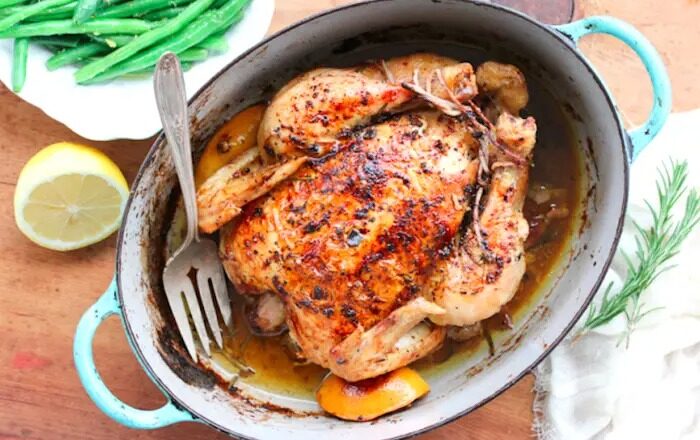What material is a Dutch oven is a common question among cooking enthusiasts and kitchen professionals. Dutch ovens are versatile, durable, and one of the most prized possessions in any kitchen. Knowing what material they are made of is essential for making an informed purchase and using your Dutch oven effectively.

Introduction
Dutch ovens have been a staple in kitchens for centuries. These heavy-duty cooking pots are known for their ability to retain heat and evenly cook food. They are commonly made from a variety of materials, each with its unique properties.

The Significance of a Dutch Oven
Dutch ovens are highly valued for their versatility. They can be used for an array of cooking methods including boiling, braising, baking, and frying. Their ability to maintain a steady temperature makes them ideal for long, slow cooking, which is why they are perfect for making stews, soups, and casseroles.

Primary Materials Used in Dutch Ovens
Cast Iron
The most traditional and widely used material for Dutch ovens is cast iron. Cast iron Dutch ovens are heavy, durable, and excellent at retaining heat, which makes them ideal for slow-cooking recipes. They also develop a natural non-stick surface over time with proper seasoning.
Enameled Cast Iron
An enameled cast iron Dutch oven features a smooth, glass-like enamel coating that prevents rust and makes it easier to clean. These ovens do not require seasoning and can come in a variety of bright, attractive colors.
Aluminum
Aluminum Dutch ovens are lightweight and heat up quickly. They are often used in camping and outdoor cooking. While they may not retain heat as well as cast iron, they are easier to handle and transport.
Stainless Steel
Stainless steel Dutch ovens are known for their durability and resistance to rust and corrosion. They are typically lighter than cast iron but heavier than aluminum.
Pros and Cons of Each Material
Cast Iron
Pros: Durable, excellent heat retention, can be used on various heat sources. Cons: Heavy, requires seasoning, prone to rust if not properly maintained.
Enameled Cast Iron
Pros: Easy to clean, no need for seasoning, visually appealing. Cons: Expensive, heavy, can chip if dropped.
Aluminum
Pros: Lightweight, heats quickly, affordable. Cons: Poor heat retention, can react with acidic foods.
Stainless Steel
Pros: Durable, rust-resistant, easy to clean. Cons: Poor heat retention, can be expensive.
Choosing the Right Dutch Oven for Your Needs
When choosing a Dutch oven, consider the type of cooking you plan to do, your budget, and how much maintenance you are willing to perform. Cast iron is ideal for those who prioritize heat retention and durability, while enameled cast iron is perfect for those who want easy maintenance and aesthetic appeal.
Maintenance Tips
Cast Iron Dutch Ovens
Season your cast iron regularly to maintain its non-stick surface. Avoid using soap or putting it in the dishwasher. Instead, use a stiff brush and hot water.
Enameled Cast Iron Dutch Ovens
These are easier to clean and can typically be washed with soap and water. Avoid using metal utensils that can scratch the enamel coating.
External Factors to Consider
In addition to the material, consider factors like the size of the Dutch oven, the shape (round or oval), and the brand. Some well-known brands are Le Creuset, Lodge, and Staub.
FAQs
Are Dutch ovens microwave safe?
Most Dutch ovens, especially those made of cast iron, are not microwave safe as they can damage the microwave.
Can I use my Dutch oven on an induction cooktop?
Yes, cast iron and enameled cast iron Dutch ovens are compatible with induction cooktops.
Do I need to season my enameled cast iron Dutch oven?
No, enameled cast iron Dutch ovens do not require seasoning.
Conclusion
Understanding what material is a Dutch oven is crucial for making the best choice for your kitchen needs. Whether you prioritize durability, heat retention, or ease of maintenance, there is a Dutch oven material out there for you. For further reading on Dutch ovens, you can check out this guideline from America’s Test Kitchen on cleaning your Dutch oven. Additionally, you can explore more about the various types of Dutch ovens from here, this guide, read more, understand better, or learn about using coals when cooking with Dutch ovens from this article. Happy cooking!
As an Amazon Associate, I earn from qualifying purchases.

